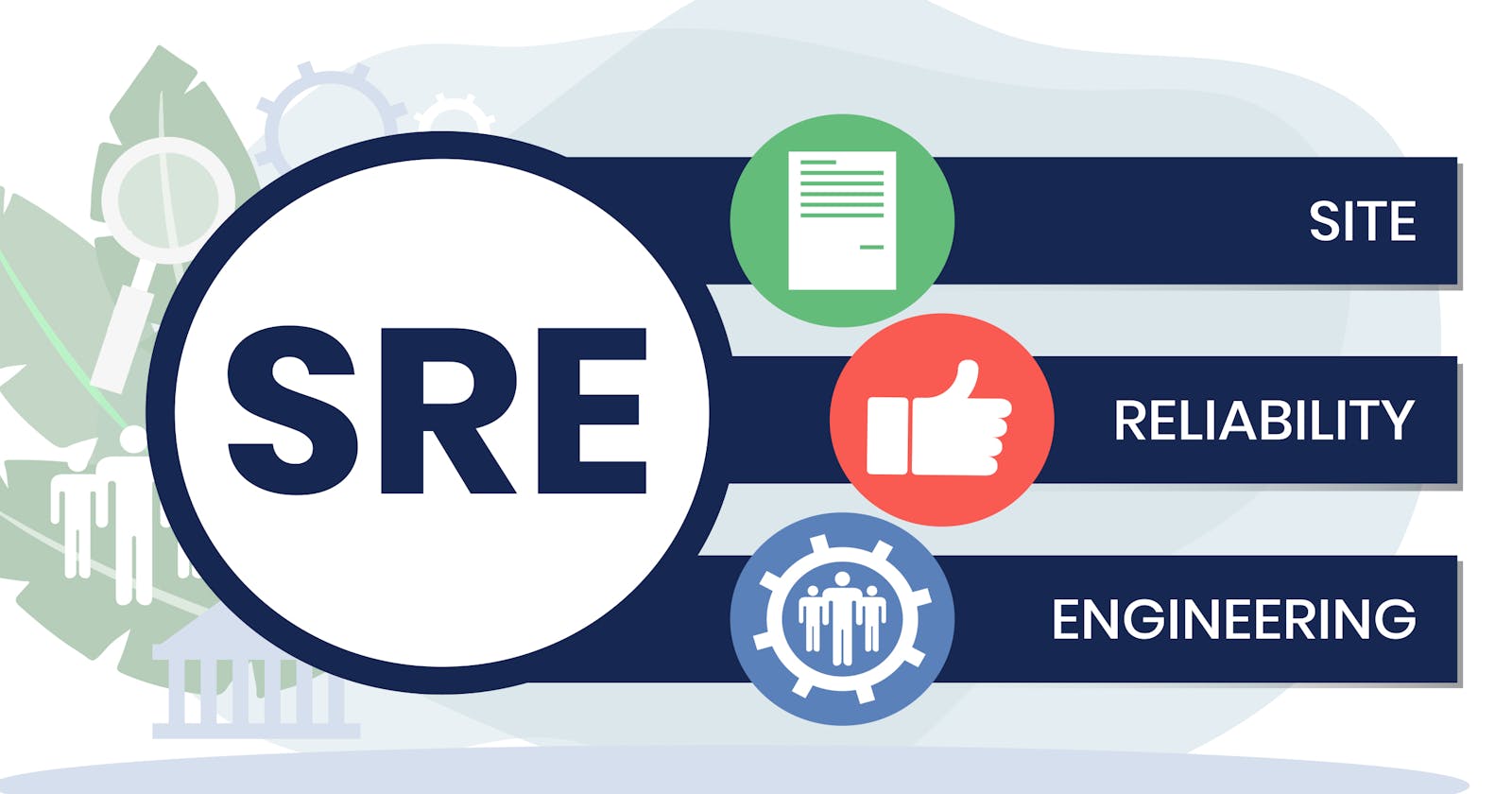In the ever-evolving world of software development and IT operations, Site Reliability Engineering (SRE) has emerged as a game-changer. This innovative approach to managing and maintaining complex systems combines the best practices of software engineering with the operational principles of reliability. In this blog, we'll explore what SRE is, why it's essential, how it differs from DevOps, its benefits, and some of the essential tools used in SRE.
What is SRE?
Site Reliability Engineering (SRE) is a discipline that focuses on creating scalable and highly reliable software systems. It was pioneered by Google, where the need for reliability in their services led to the development of this approach. SRE blends aspects of software engineering with site reliability principles to ensure that applications and services are available, performant, and resilient.
Why is SRE Required?
1. Ensuring Reliability
Reliability is a cornerstone of modern software systems. Users expect applications to be available 24/7 without interruptions. SRE aims to meet these expectations by implementing practices and strategies that enhance system reliability.
2. Managing Complexity
As software systems grow in complexity, so does the challenge of keeping them reliable. SRE provides a structured framework to manage this complexity effectively, reducing the risk of outages and failures.
3. Balancing Change and Stability
SRE encourages a balance between introducing new features and maintaining system stability. This approach ensures that innovation isn't compromised by reliability concerns.
Why SRE is Better than DevOps?
SRE and DevOps share common goals, such as improving collaboration between development and operations teams and automating processes. However, they differ in their primary focus and methodologies.

DevOps
DevOps primarily focuses on fostering collaboration and communication between development and operations teams. It promotes a culture of shared responsibility, automation, and continuous integration/continuous deployment (CI/CD) pipelines. While DevOps is vital for improving the overall development and delivery process, it may not explicitly address reliability concerns to the same extent as SRE.
SRE
SRE, on the other hand, places reliability at the forefront. It provides a structured framework for building, maintaining, and improving reliable systems. SRE teams use software engineering principles to ensure system reliability through practices like error budgeting, monitoring, and automation.
In essence, SRE can be seen as a specialized approach within the broader DevOps context, dedicated specifically to reliability engineering.
Benefits of SRE
Implementing SRE principles in your organization can yield several benefits:
1. Improved Reliability
SRE practices lead to more reliable systems with reduced downtime and improved user experience.
2. Efficient Operations
Automation and monitoring streamline operations, enabling teams to focus on strategic tasks rather than firefighting.
3. Faster Incident Resolution
SRE's emphasis on error budgeting and incident response practices helps teams identify and resolve issues more quickly.
4. Better User Experience
Reliable services translate to happier users, which can positively impact your organization's reputation and revenue.
Tools Used in SRE

SRE relies on a variety of tools to achieve its goals. Some popular ones include:
Datadog: A cloud-based monitoring and analytics platform that provides full-stack observability, allowing you to monitor the performance of your applications and infrastructure in real-time.
Prometheus: An open-source monitoring and alerting toolkit designed for reliability and scalability.
Grafana: A platform for visualizing and analyzing metrics from various data sources.
Kubernetes: An orchestration platform for containerized applications, which simplifies deployment and scaling.
PagerDuty: A digital operations management platform that helps teams respond to incidents effectively.
Istio: A service mesh that adds advanced networking, security, and observability features to microservices.
These tools, among others, enable SRE teams to monitor system health, automate tasks, and ensure that services are running reliably.
In conclusion, Site Reliability Engineering is a powerful approach that prioritizes system reliability, making it a critical component in today's fast-paced technology landscape. While DevOps fosters collaboration and efficiency, SRE's specialized focus on reliability ensures that your systems are not just functional but consistently dependable. By adopting SRE principles and leveraging the right tools, including Datadog, organizations can stay ahead of the curve and meet the ever-increasing demands of their users.
Thanks much for reading, I hope by this blog we'll get to know the basic understanding of what SRE is and what things it focuses on. Stay tuned!
“Even the darkest night will end and the sun will rise.”
— Les Misérables by Victor Hugo
Aaqib Ahmad
DevOps / SRE Engineer
